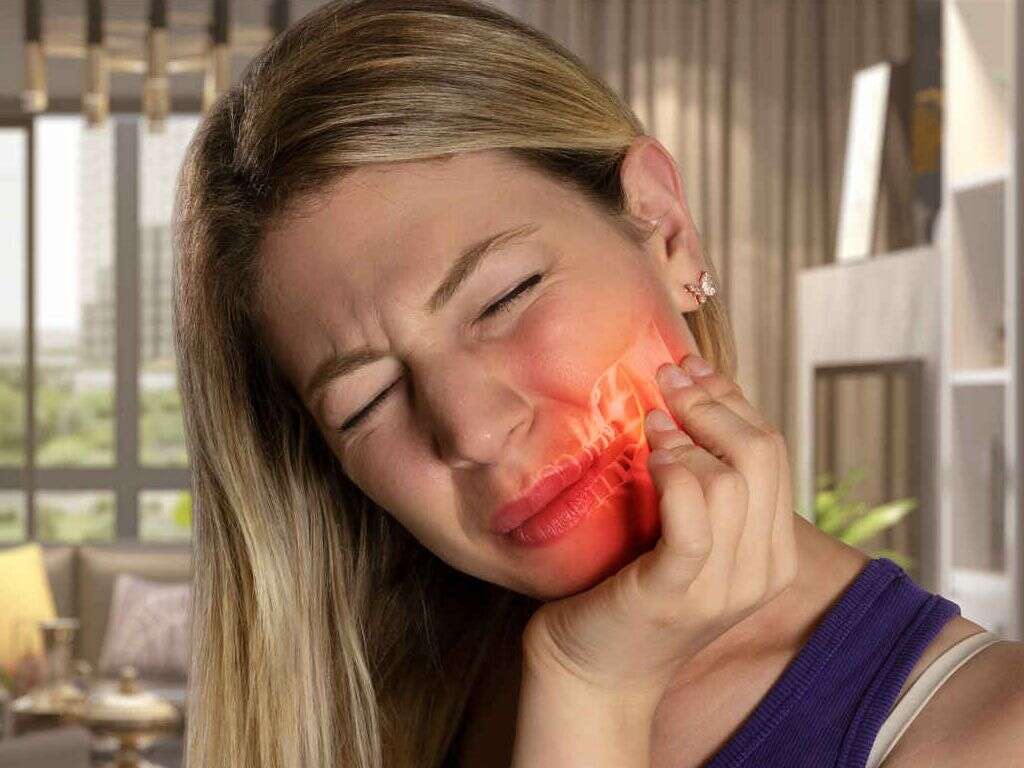What Is Lockjaw?
Lockjaw is a disease that would strike fear into the heart of people in the past. It resulted in some extremely painful symptoms that would leave the patient screaming in agony. It could also cause complications that were severe enough to result in a fatality. Fortunately, with vaccinations and other modern medicine, lockjaw doesn’t strike us with fear as it used to.
The disease has not completely disappeared, however, and we are all advised to take precautions. This mainly means getting vaccinated and making sure wounds are dealt with appropriately. You should also take more precautions if you expect to be travelling to developing parts of the world.
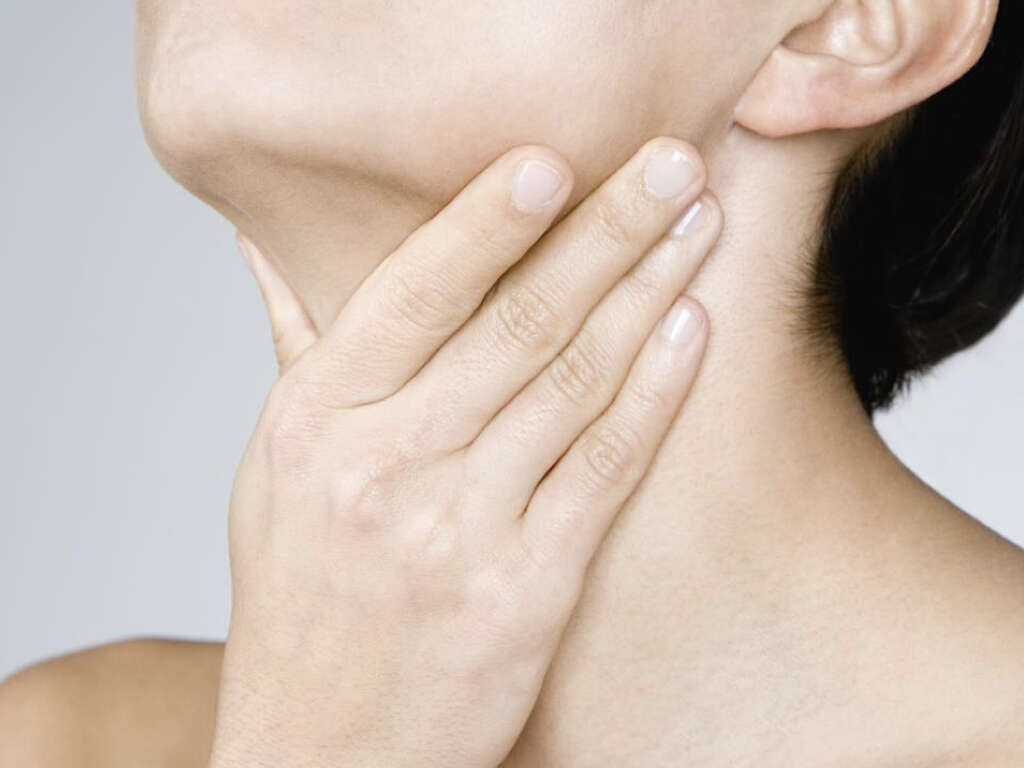
1. Lockjaw
Lockjaw is a potentially serious disease that is also known as tetanus. It is far less common than it used to be, thanks largely to vaccines, although it can still be encountered. Regardless, it is advisable to make sure you are vaccinated no matter how common it may be in your area.
The disease gets its name from the way it can cause the patient to contract their neck and jaw muscles involuntarily. This can be painful for the patient, while lockjaw can also make it difficult for the patient to breathe. It can be fatal, so the disease should be taken very seriously indeed.
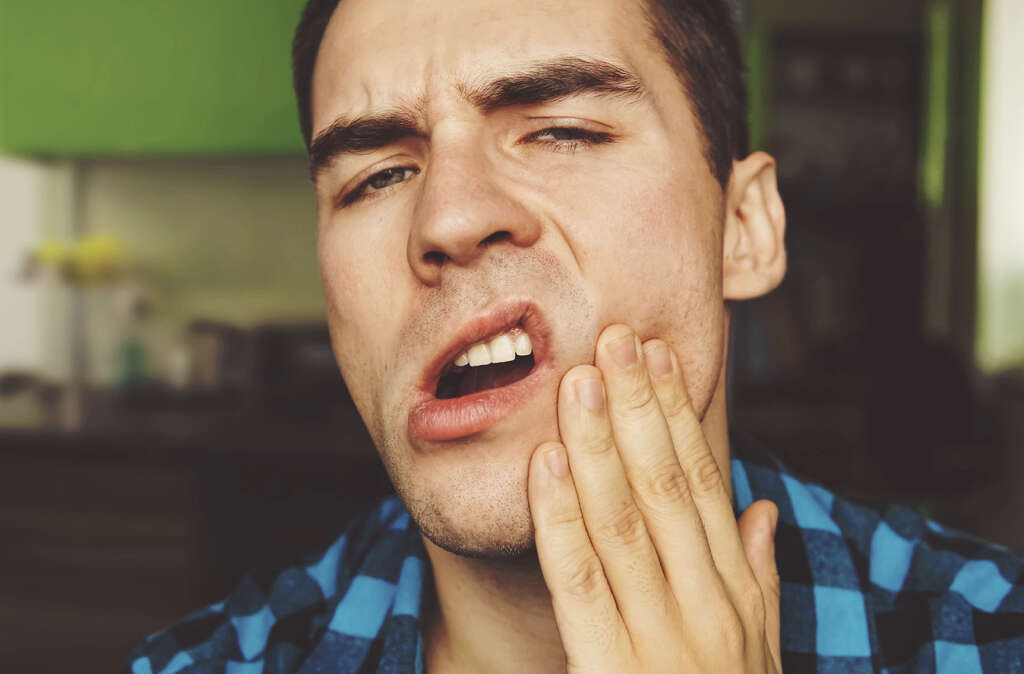
2. Clostridium Tetani
Lockjaw is caused by the clostridium tetani bacterium. Spores of the bacterium are commonly found in animal feces as well as in dust and soil. If these spores are able to enter the body through a break in the skin, they can develop into bacteria. Once inside, the bacteria can begin to multiply.
Lockjaw is actually caused by a toxin by the name of tetanospasmin, which is released by the clostridium tetani bacterium. The toxin affects the nerves and inhibits your ability to control your own muscles. This results in the spasms the condition is so well known for, and the other symptoms it causes.
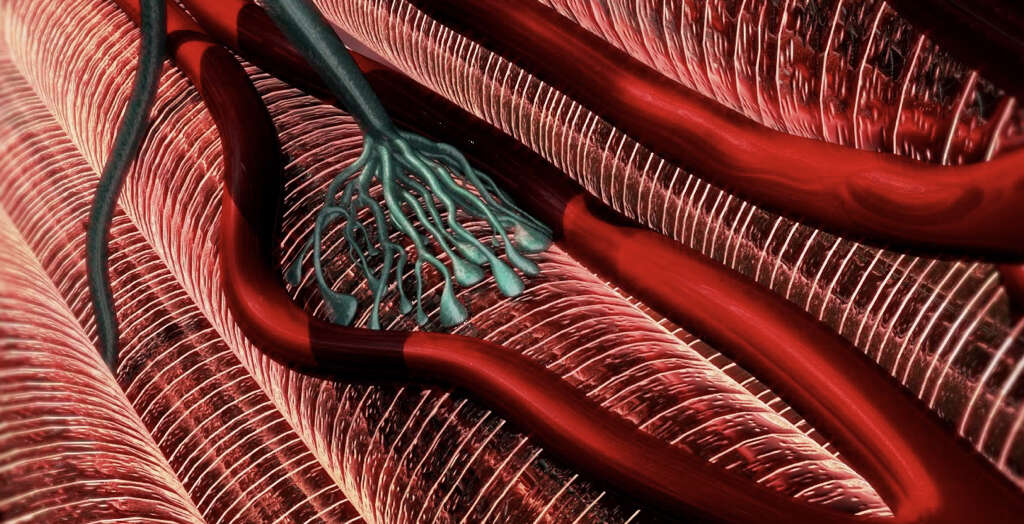
3. Fever
With an infection in the body, the immune system will step up and do what it can to deal with the intruder. This will often mean a fever which will make the body a difficult place for the bacteria to live. The patient will also likely experience sweating as a symptom.
These symptoms in themselves may not have people alarmed, but the other symptoms should get your attention. These include a rapid heartbeat and also a higher than usual blood pressure. If these symptoms are being experienced then it is a good idea to seek medical advice as soon as you can.

4. Stiffness
As the condition progresses, so the patient will begin to feel some of the more severe symptoms. They can begin to feel as though the muscles in their necks become stiff and it can be difficult for them to move. The patient might also start having difficulty swallowing, making it difficult for them to eat and drink.
The jaw muscles can also become stiff, and the patient can find it difficult to speak and chew. Some patients will also find that the muscles in their abdomen become stiff. There are various reasons the patient might experience stiffness like this and some of them are serious, so the patient should be found medical assistance as soon as possible.

5. Spasms
Lockjaw will also typically cause spasms, and these can be very painful for the patient. Spasms are where the patient’s muscles contract involuntarily and they have little to no control over it. The spasms can affect different parts of the body, especially the neck and jaw, and they can also last for several minutes at a time.
The spasms are often triggered by things like physical contact, a change in light, a sudden noise, and even a change in the wind. In many cases the trigger will only be very slight and very difficult to avoid, and people will have to try and prevent all contact with the patient where possible.

6. Risk factors
People most at risk of lockjaw are those that have not received the tetanus vaccination. The risk is increased further for people that live in places where lockjaw is common. Thus, it is wise to get vaccinated if you have not been already, regardless of where in the world you may be.
Infection takes place when spores of the clostridium tetani bacterium are able to penetrate deep into the body. This usually means a wound from an animal bite, unsterile body piercings, injuries from nails and splinters, fractured bones, gunshot wounds, and some surgical procedures. It is recommended to get a booster if you suspect you have been exposed.
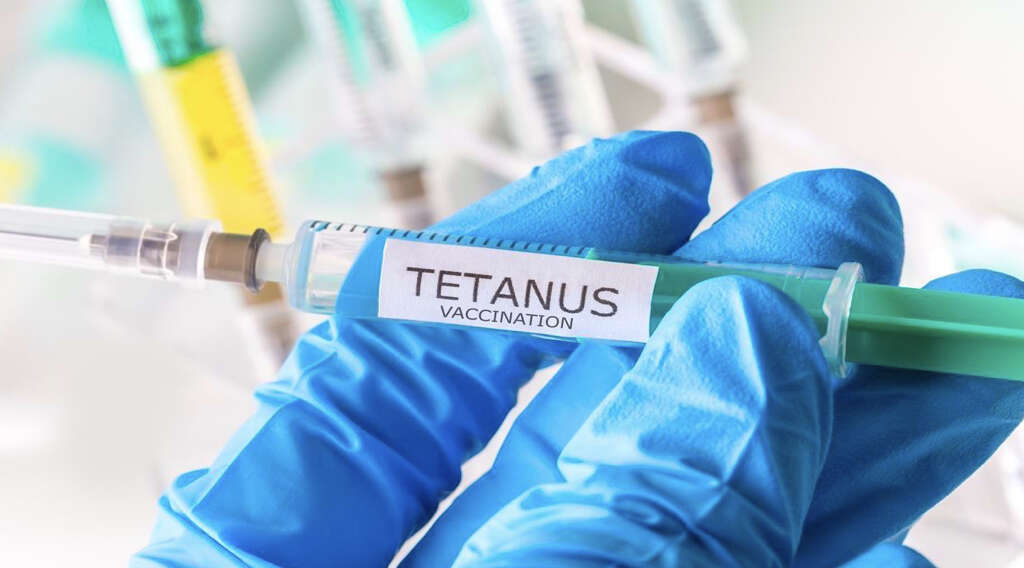
7. Complications
The complications of lockjaw can be very severe, severe enough to result in a fatality in many cases. In some cases, the spasms can be so persistent and violent that some of the patient’s bones are broken. This often means the bones in the spine as the spasms forced the patient’s whole body to contort.
Some patients might also experience a pulmonary embolism. This happens when blood clots develop elsewhere, then become dislodged and travel to the pulmonary artery – thus blocking the artery. Most fatalities occur because the spasms impede the patient’s ability to breathe. Some patients will die of pneumonia instead.

8. Vaccination
Getting vaccinated against tetanus will make you much safer against the disease. It can be caught even in developed nations so it is wise not to be too complacent. It is usually given to children as a matter of course anyway, but make sure that any children have been vaccinated if you think they might have missed one.
The tetanus vaccination comes as part of the DTaP vaccine. This also protects against diphtheria and pertussis. It is given in a course of 5 shots over several years. The first being administered at 2 months, and the last at around 4 – 6 years old.
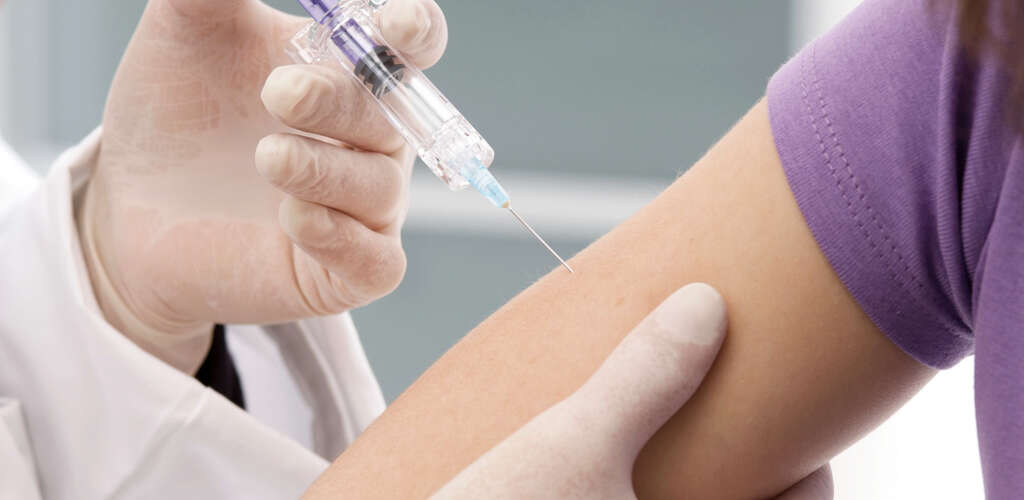
9. Booster Vaccination
It is recommended that people also get a periodic booster vaccination to help ensure the immune system remains able to protect the body. The first booster is generally given at around 11-12 years old, and once every 10 years afterwards.
It is not uncommon for adults to fall behind on vaccine boosters, although they will still remain fairly resistant to the disease. If you are planning on travelling overseas, however, you should get a booster before you leave. Also make sure to get a booster if you believe you have been exposed, such as after being bitten by an animal.
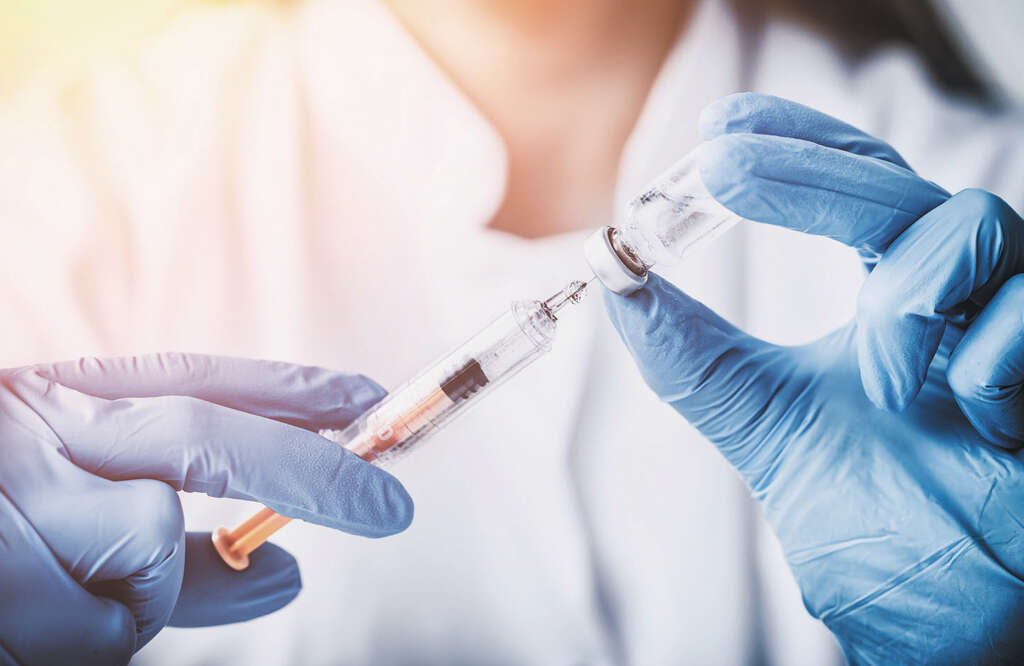
10. Treatment
There is no known cure for tetanus, which makes vaccinations all the more important. If the toxin has already bonded to nerve tissues then this cannot be reversed. Antitoxins can help to prevent any further toxins from bonding to nerves, however. Patients will also need to have any wounds cleaned regularly to help prevent more spores from growing into bacteria.
Heavy sedation is often required in severe cases to help prevent the spasms from taking place. Beta blockers might also be used to help any involuntary movement of the muscles. The severity of the complication means that the condition will often result in a fatality.





